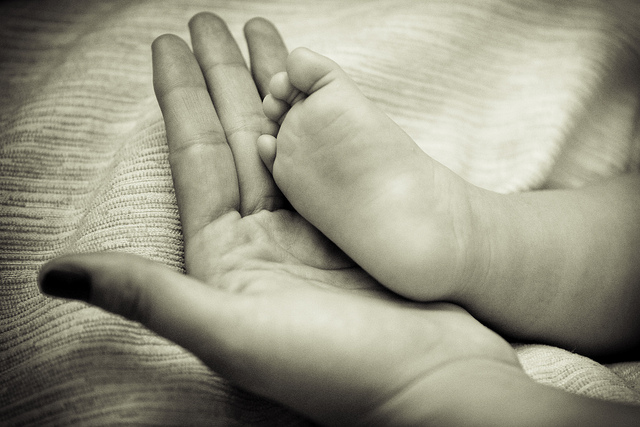
A team of Delhi doctors have successfully separated a pair of twins who were born joined at the abdomen and shared the same liver.
The two-month-old conjoined twins Saboora and Safoora, from Srinagar, have surprised the Medanta Hospital medical team for surviving the complex surgery that lasted over six hours on 16 November, The Daily Mail reported.
"This was one the most challenging surgeries of my career. As even a minute error would have left things much worse," Dr A S Soin, Liver Institute chairman and the chief liver surgeon at Medanta medicity in Gurgaon, Haryana, told Zee News.
"While the occurrence of the twins was rare, the chances that two girls sharing a common liver would be successfully separated were one in about 50 million. We are glad that everything went fine," he said.
During the surgery, a team of 40 doctors under the supervision of Dr Soin, opened the joint abdominal wall of the twins and divided the liver between them, according to The Indian Express.
The baby girls were suffering from omphalopagus, a rare condition that leads to the fusing of bodies at the abdomen. Omphalopagus twins often share a common liver, diaphragm or digestive system.
The parents had little idea about their girls' rare condition until they welcomed them into this world.
"If the doctors had informed us earlier, we would have made arrangements to separate them at birth," the girls' mother Zabeeda Khan told The Daily Mail.
Conjoined Twins- How Common is It?
Conjoined twins are formed when a woman releases a single egg that fails to separate completely after fertilisation. Though the embryo starts splitting into two, the process stops mid-way, and the partial separation results in conjoined twins.
Though there have been separate reports of conjoined twins from different parts of the world, conjoined twins are very rare -- one out of 2,00,000 live births -- and have very few chances of survival (between 5 and 25%), according to the health experts from the University of Maryland Medical Center, Baltimore in the US.
India has reported successful separation of conjoined twins in the past. In September last year, a team of specialists at the BLK Super Speciality Hospital in Delhi successfully separated Nigerian twins Hussaina and Hassana, who were born with a condition known as Pygopagus. The twins were joined at the buttocks and shared their lower spinal cords, lower gastrointestinal tract and genitor-urinary tracts, with a common anus and genitalia.
In another case reported in December the same year, doctors at the Apollo Speciality Hospital in Chennai separated Tanzanian conjoined twins Ericana and Eluidi, who were also joined at the buttocks.

















